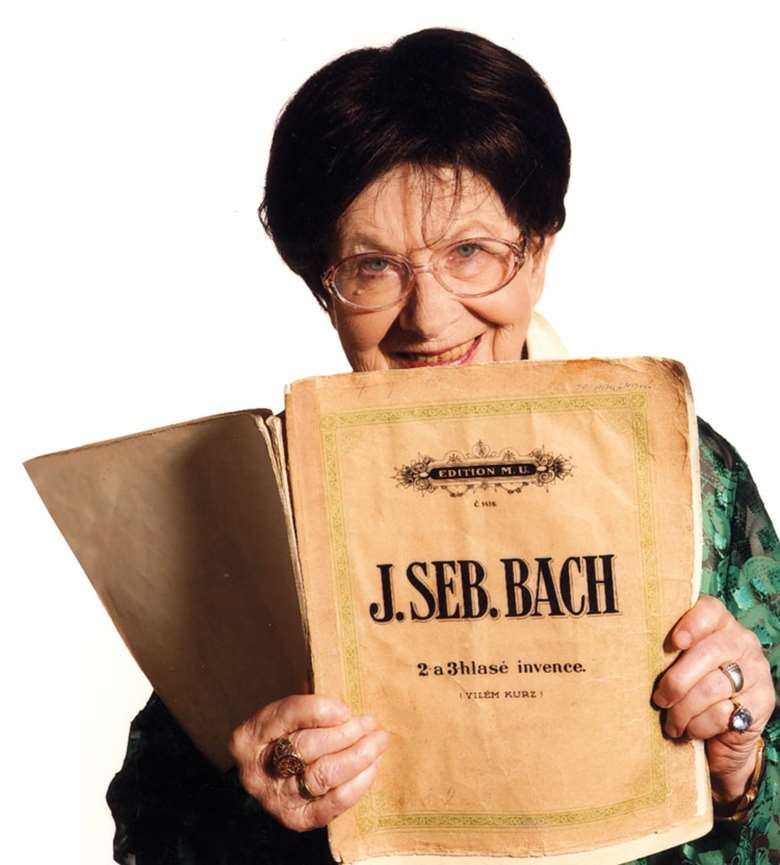Zuzana Růžičková remembered
Rob Cowan
Thursday, September 28, 2017
The great harpsichordist has died at the age of 90. Rob Cowan listens to her finest recordings...

Register now to continue reading
Thanks for exploring the Gramophone website. Sign up for a free account today to enjoy the following benefits:
- Free access to 3 subscriber-only articles per month
- Unlimited access to our news, podcasts and awards pages
- Free weekly email newsletter








